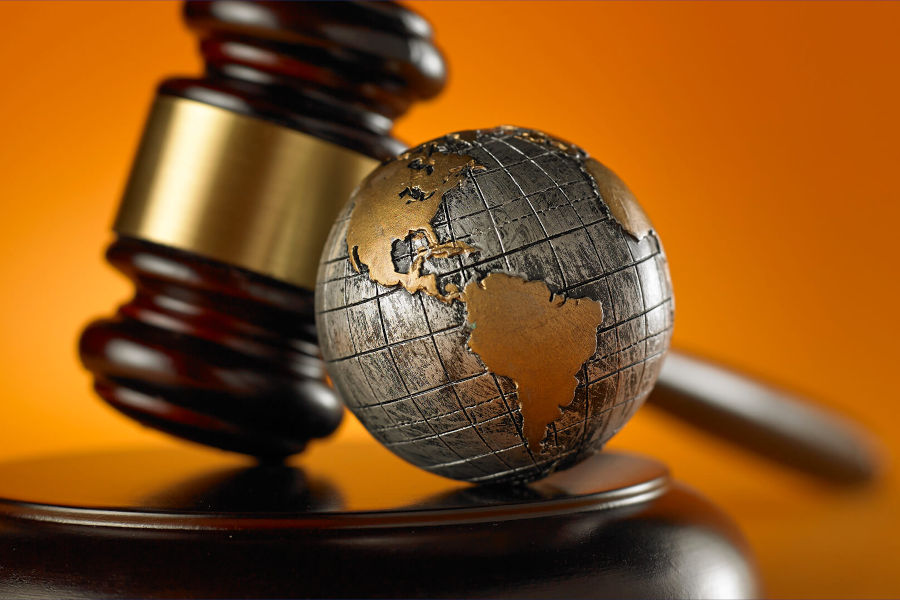
This college was granted affiliation up to Degree Part l Arts & Science stream from the session 1970-72 and up to Degree stage from the session 1971-72. At present this college in parts teaching up to Hons. Degree in almost all subjects of Arts & Science faculties. The central government is working to revolutionize the higher education system and make the country one of the premier centers of education in the world. The attempt of revolutionizing higher education in the country is most welcome.
Political Theory: Political science often begins with an examination of foundational texts and theories that have shaped political thought throughout history. You'll study works by thinkers such as Plato, Aristotle, Machiavelli, Hobbes, Locke, Rousseau, Marx, and more. These texts provide insights into concepts like justice, democracy, power, authority, and governance, laying the groundwork for understanding contemporary political issues.
International Relations: International relations (IR) explores the interactions between states, non-state actors, and international organizations in the global arena. Topics may include theories of IR, diplomatic history, conflict resolution, security studies, international law, globalization, development, and foreign policy analysis. Understanding international relations is crucial for comprehending global challenges such as war, peace, trade, human rights, and environmental issues.
Political MethodologyPolitical science increasingly relies on quantitative and qualitative research methods to analyze data, test hypotheses, and draw conclusions. Courses in political methodology cover topics such as research design, statistical analysis, survey methods, experimental techniques, and qualitative research methodologies (interviews, case studies, content analysis). Proficiency in research methods is essential for conducting empirical studies and contributing to the academic literature.
Critical Analysis and Civic Engagement: Studying economics fosters critical thinking skills, analytical reasoning, and the ability to evaluate arguments rigorously. You'll learn to assess the costs and benefits of different choices, identify trade-offs, and consider the unintended consequences of economic policies. These skills are valuable not only in economics but also in a wide range of professions that require problem-solving and decision-making abilities.Studying political science cultivates critical thinking skills, analytical reasoning, and civic engagement. You'll learn to evaluate arguments, analyze evidence, and communicate your ideas effectively, both orally and in writing. Engaging with political issues and debates prepares you to participate actively in democratic processes, advocate for change, and contribute to informed decision-making in your community and beyond.
